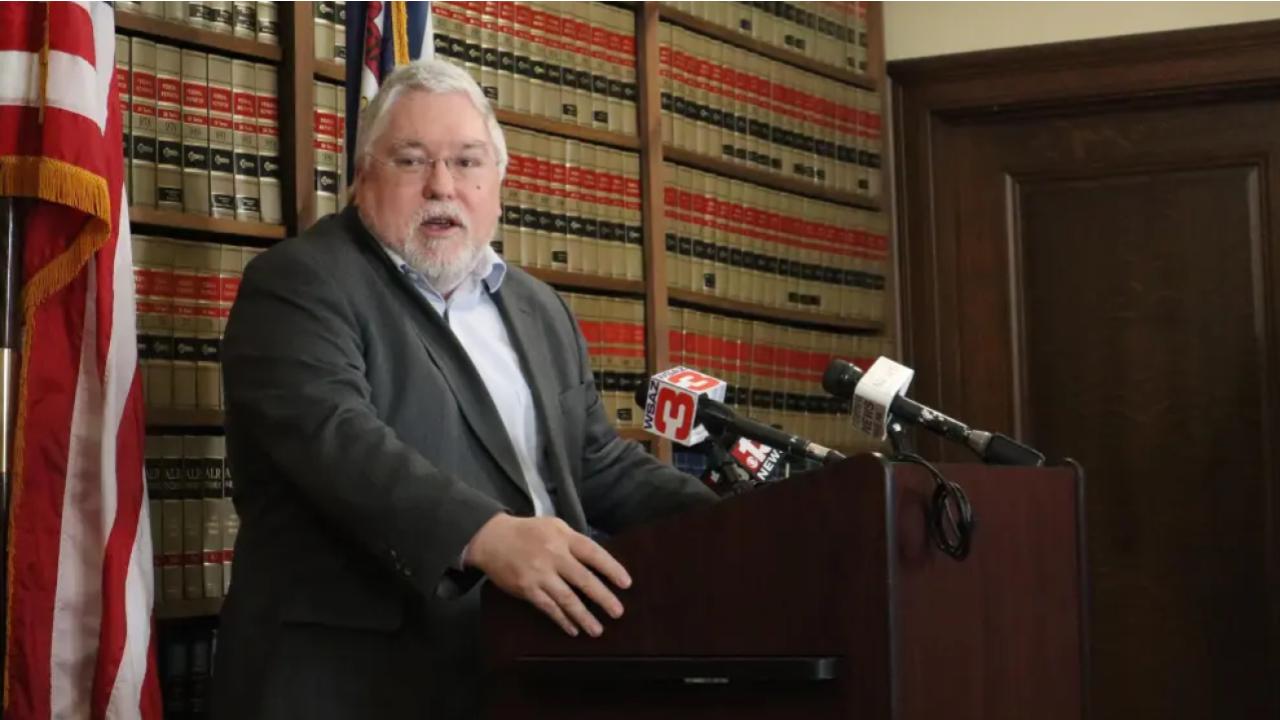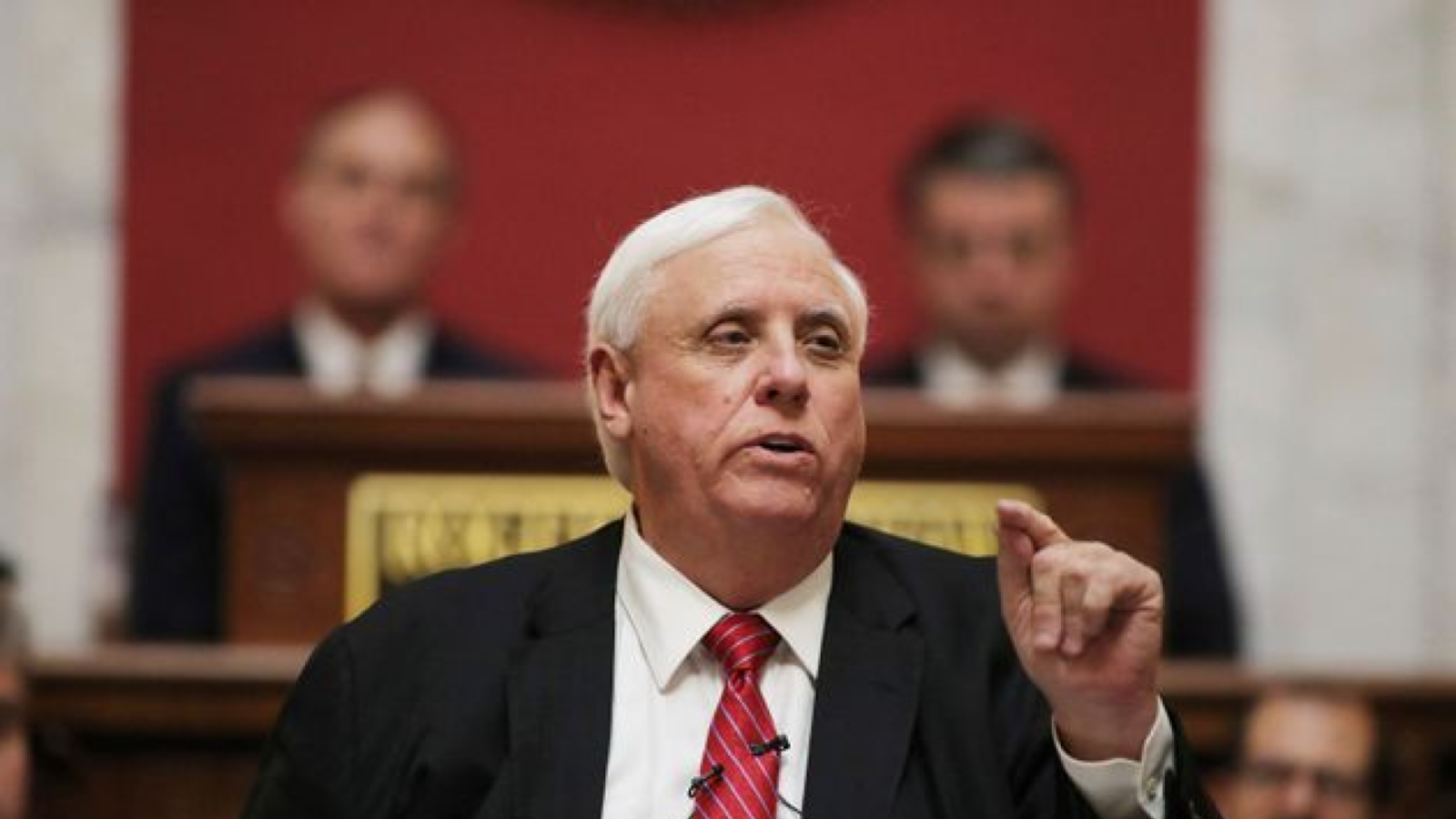Patrick James Morrisey (born December 21, 1967) is an American politician and attorney who is the governor-elect of West Virginia. He has served as the 34th Attorney General of West Virginia since 2013. A member of the Republican Party, he was elected to the position in 2012, becoming the first Republican to serve in the role since 1933. Running for the United States Senate in 2018, Morrisey won the Republican Party nomination, but was narrowly defeated by incumbent Democratic Senator Joe Manchin in the November general election.
Morrisey was elected governor in 2024, defeating Democrat Steve Williams in a landslide victory. He is the first Republican elected for a first term since Arch A. Moore Jr. in 1968.
OnAir Post: Patrick Morrisey – WV


